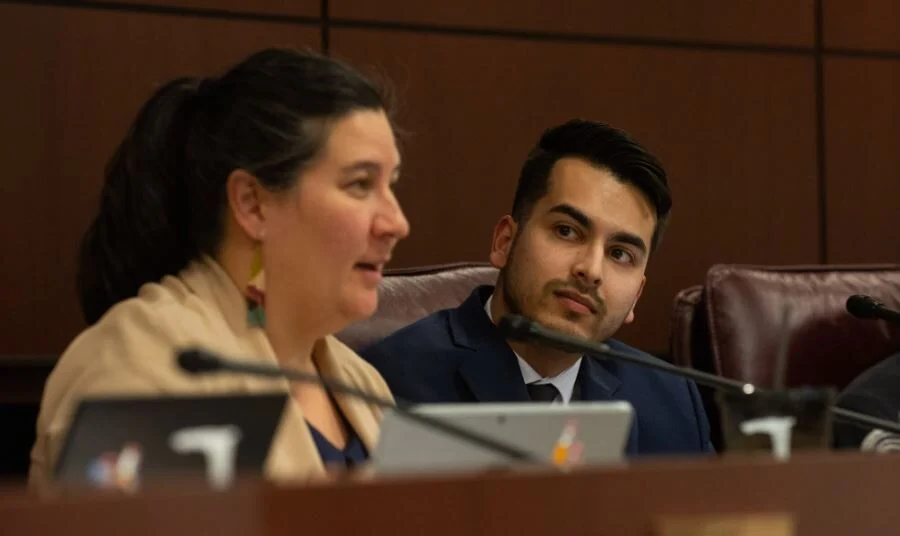Colorado lawmakers are moving forward with Senate Bill 72, which would require kratom manufacturers to register their products annually with the Department of Revenue. The bill sets out clear standards for labeling, packaging, and product composition, aiming to promote transparency and consumer safety. Manufacturers must pay annual fees, provide proof of federal registration, and comply with state requirements.
Penalties for non-compliance can include fines and, for repeat violations, temporary bans from the Colorado market. The legislation also allows local governments to adopt stricter rules if they choose. Supporters say these measures will help ensure the integrity of kratom products as the industry grows in Colorado.



















